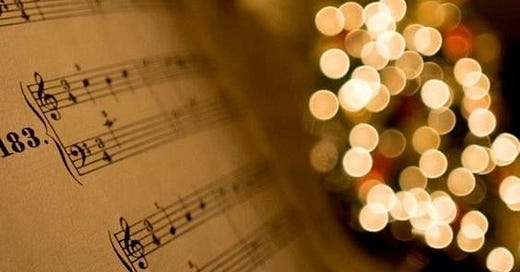The Eternal Joy of Bach’s Christmas Oratorio - BWV 248
Why This Baroque Masterpiece Continues to Inspire and Delight
Johann Sebastian Bach's Christmas Oratorio is not just any piece of music. It is an exploration of the sacred, a tribute to existence, belief, and melodies that echo through time. Especially today. This masterpiece, created in the mid-18th century, exemplifies Bach's brilliance. It intertwines six cantatas that tell the nativity tale with a depth and jo…




